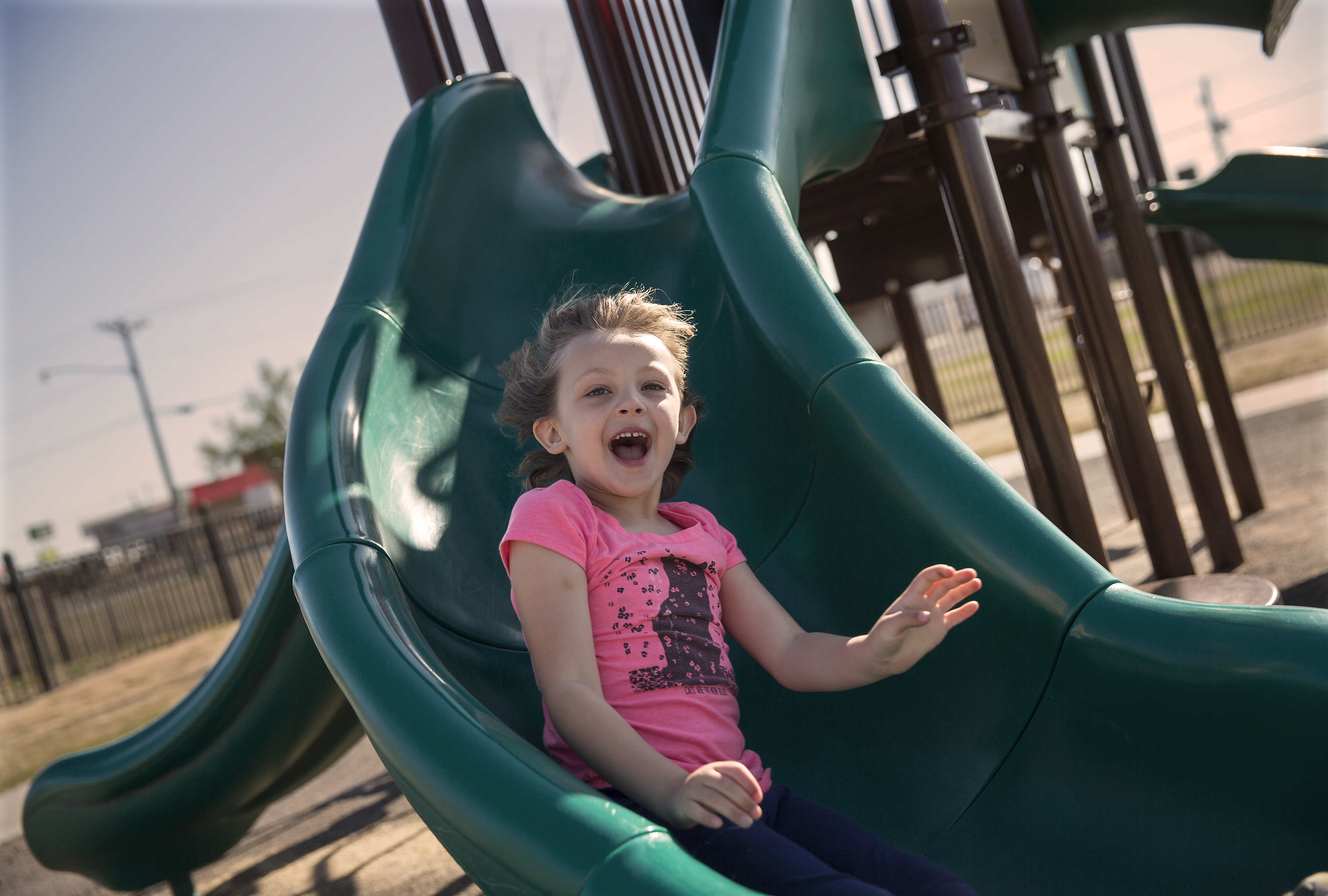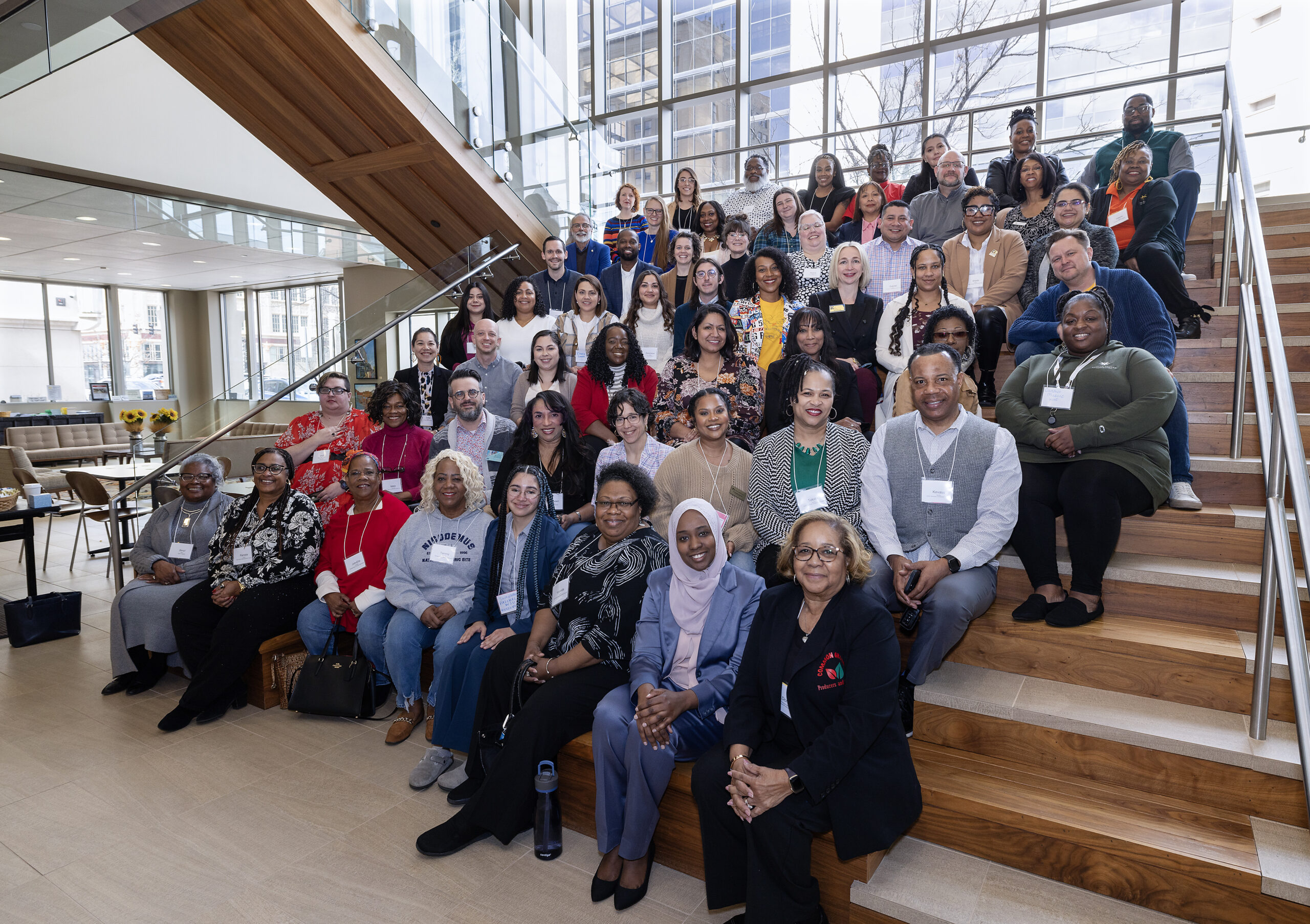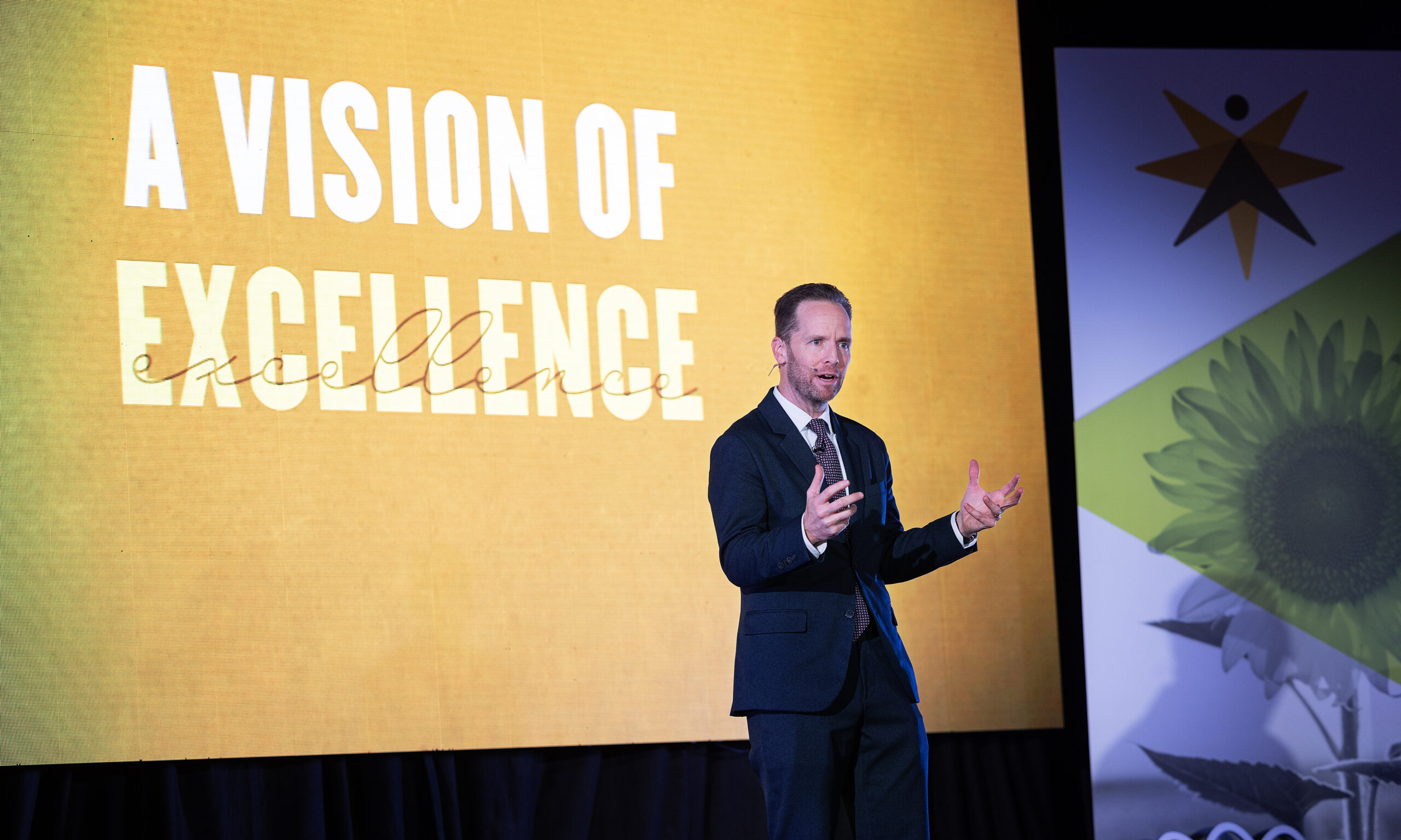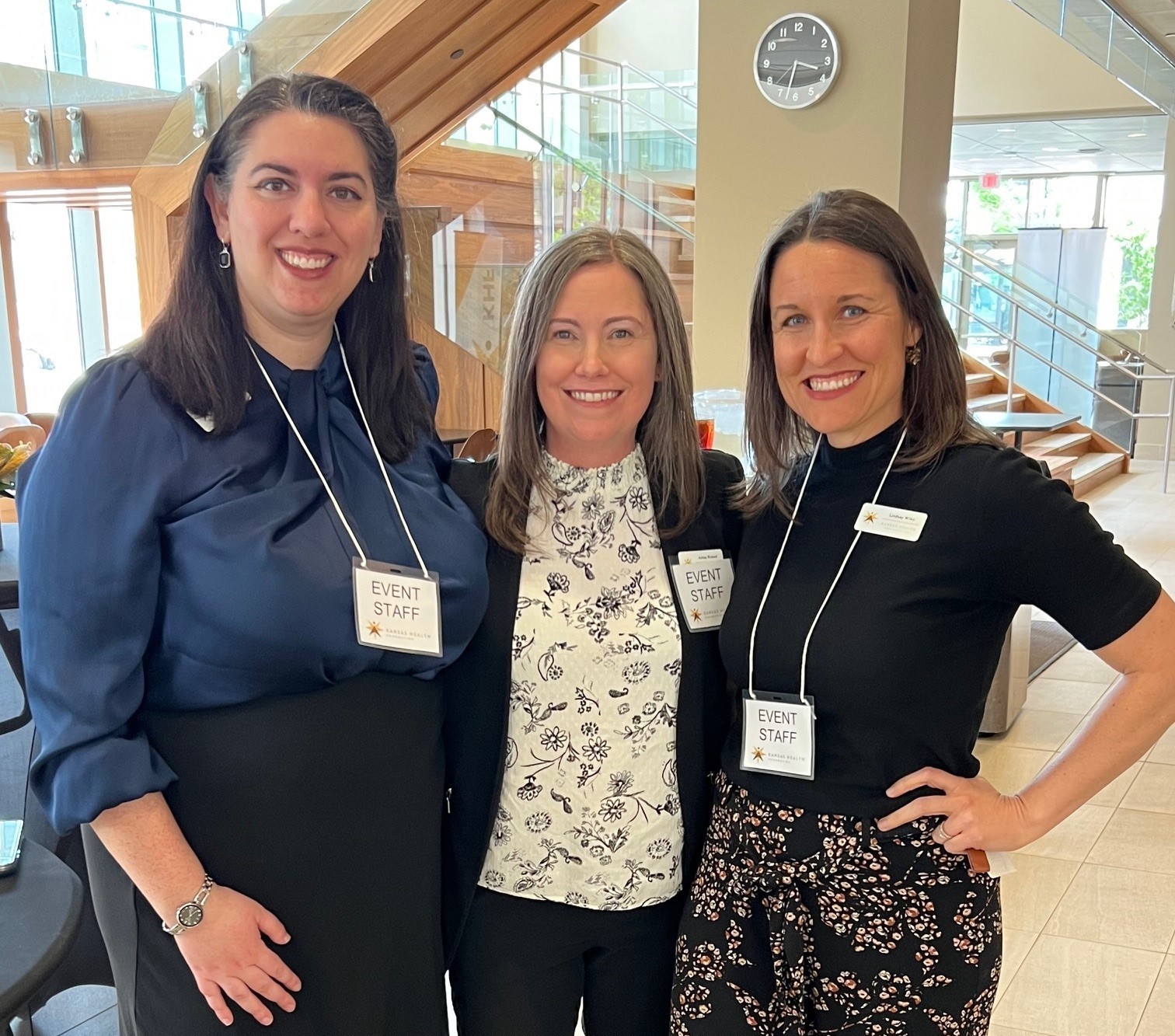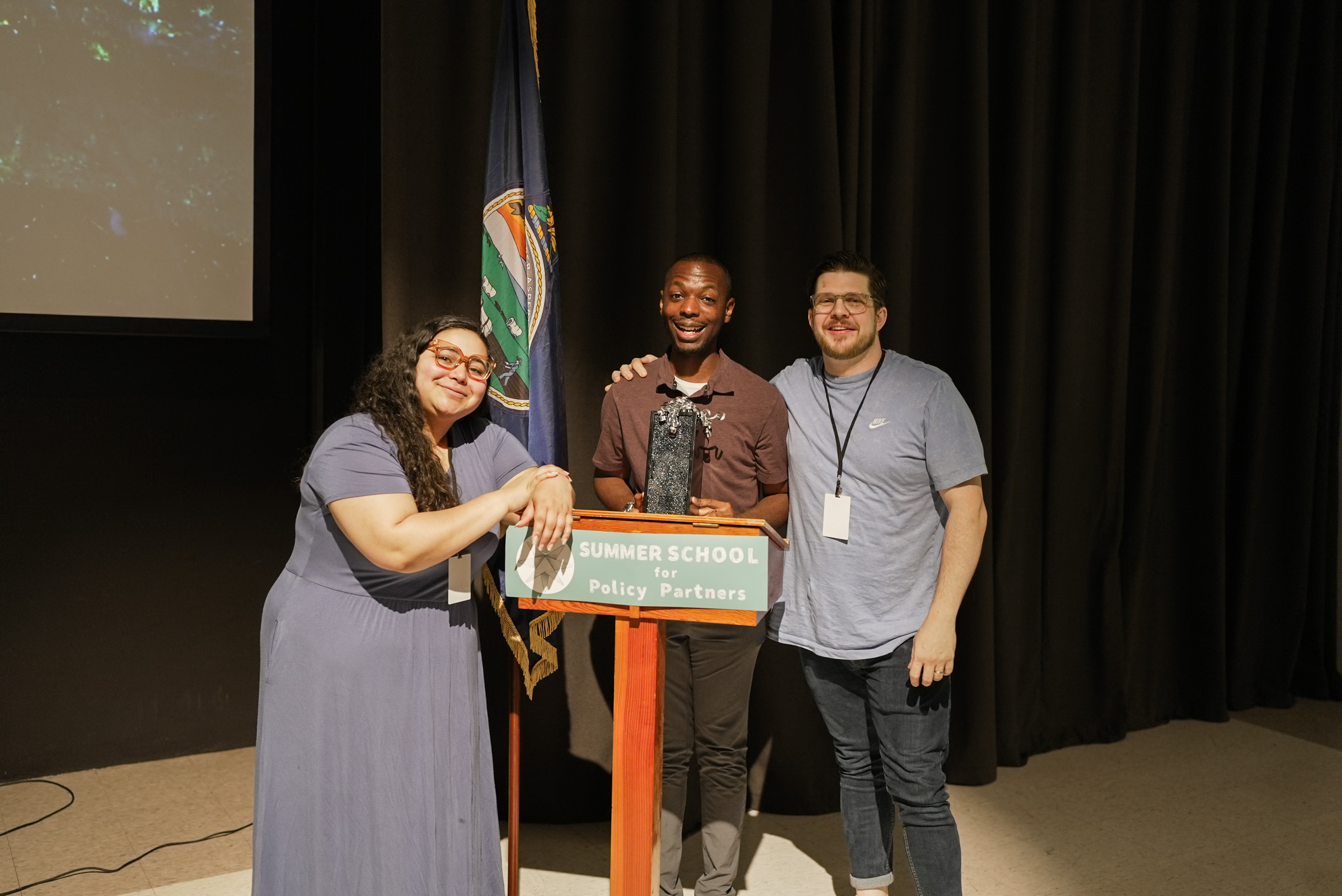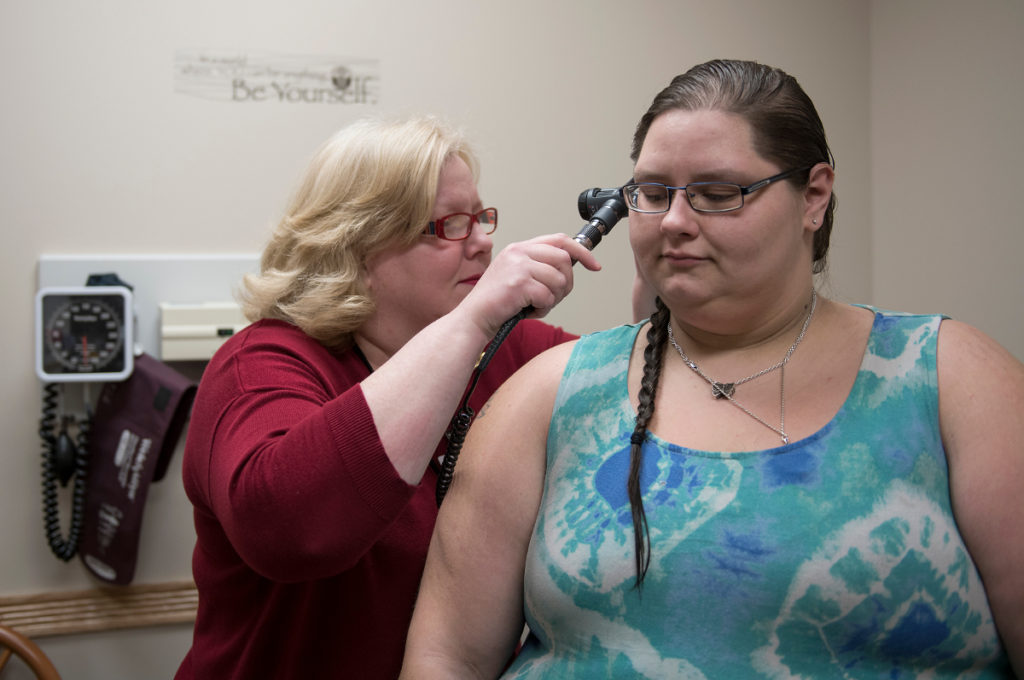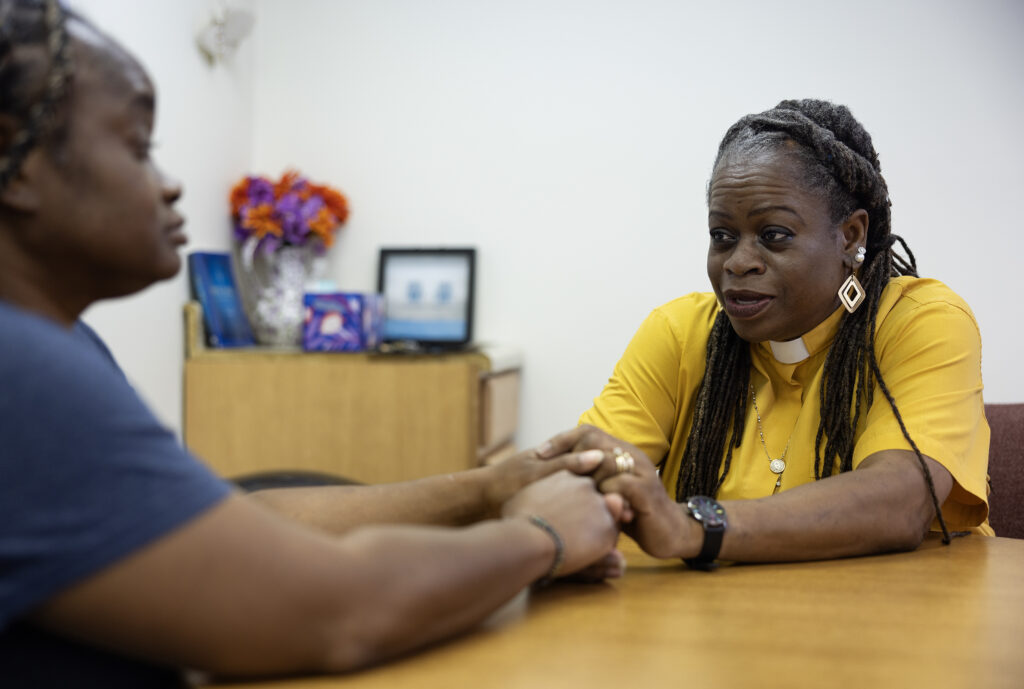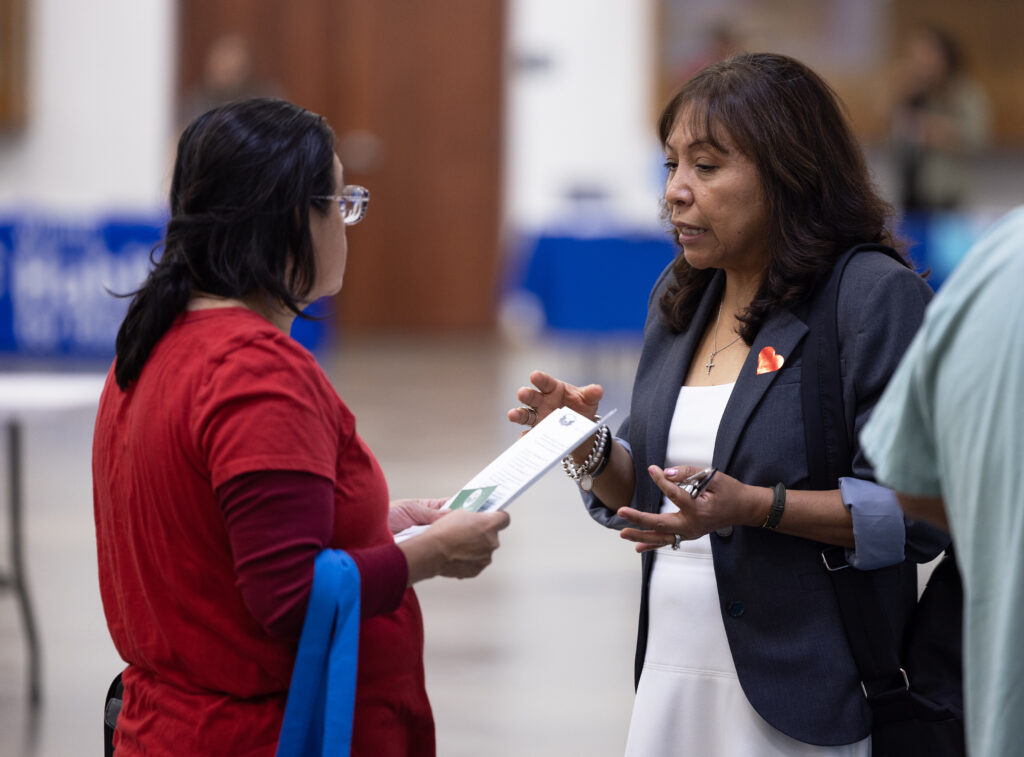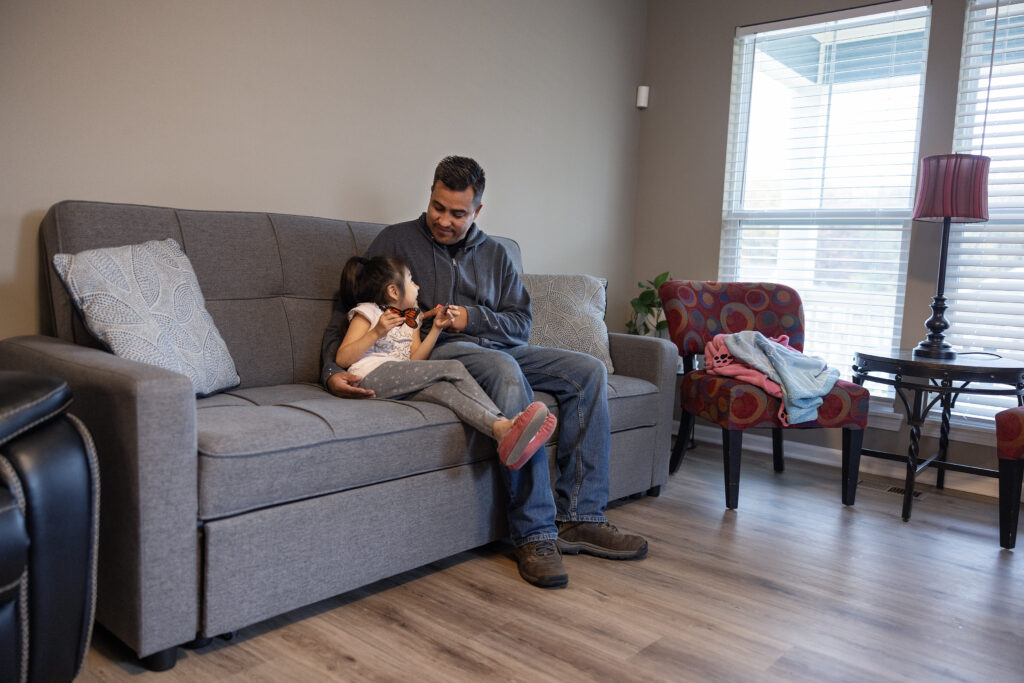Approximately 1 in 6 Kansans ages 18-64 lack health care coverage.
And when serious illness or injury occurs, being uninsured can be overwhelming and financially devastating – even for working Kansans. Many delay seeking care to avoid costs, which can make health issues more complex. This usually means treatment is more expensive and outcomes are worse. Some may rely on costly hospital emergency departments for care because they don’t have a medical home.
“The Kansas primary care safety net clinics are a cost-effective alternative to use instead of expensive health care services, including the emergency room,” said Denise Cyzman, executive director of the Kansas Association for the Medically Underserved (KAMU). “We estimate that a clinic could serve four patients for one year for less than what it costs for one patient to receive care during one visit to an emergency room ($1,423),” Cyzman said.
KAMU supports and strengthens its 49 member organizations through advocacy, education and communication. The members represent 42 primary care clinics operating in 100 locations in Kansas. These clinics offer medical, dental and behavioral health care, and make up the largest primary care system serving Kansas’ most underserved communities, families and individuals.
The Kansas Health Foundation has supported KAMU and its member clinics for more than a decade. Through a variety of initiatives, more than $3 million has been directed to ensure Kansans have greater access to quality health care services.
“Community-based clinics are essential to providing necessary preventive and treatment services to individuals and families across the state,” said Steve Coen, KHF president and CEO. “These facilities and professionals fill a vital gap in our state’s health care services, and we believe the need for these clinics will only grow in the future.”
In 2017, KAMU member clinics served more than 306,000 patients through 822,000 visits, representing a nearly 30 percent increase since 2010, according to KAMU’s quality reporting system.
These clinics offer high quality, accessible and affordable care regardless of where people live, how much they make or if they have insurance.
In 2016, 42 percent of patients KAMU member clinics served were uninsured and 82 percent of patients reporting income had an income under 150 percent of the federal poverty level (or $36,450 per year for a family of four).

